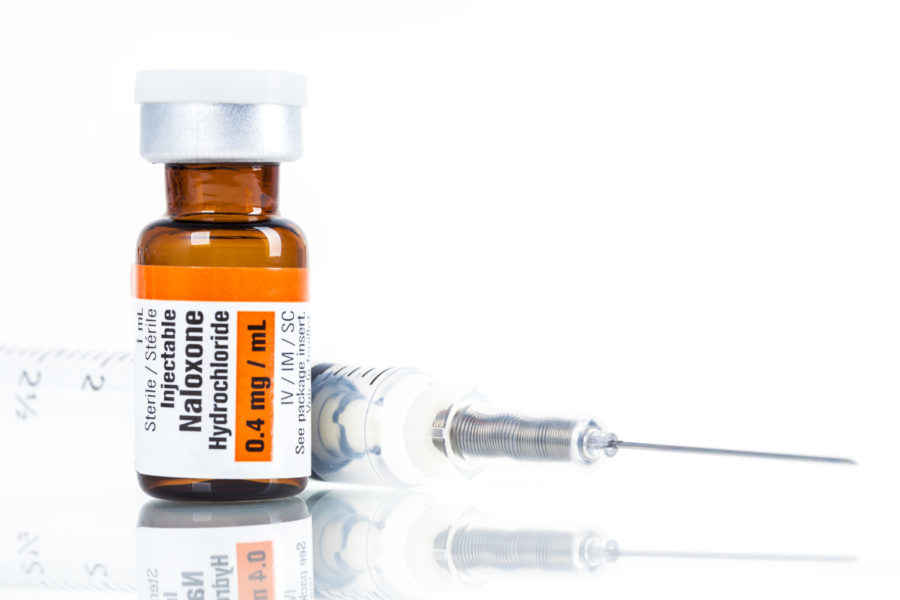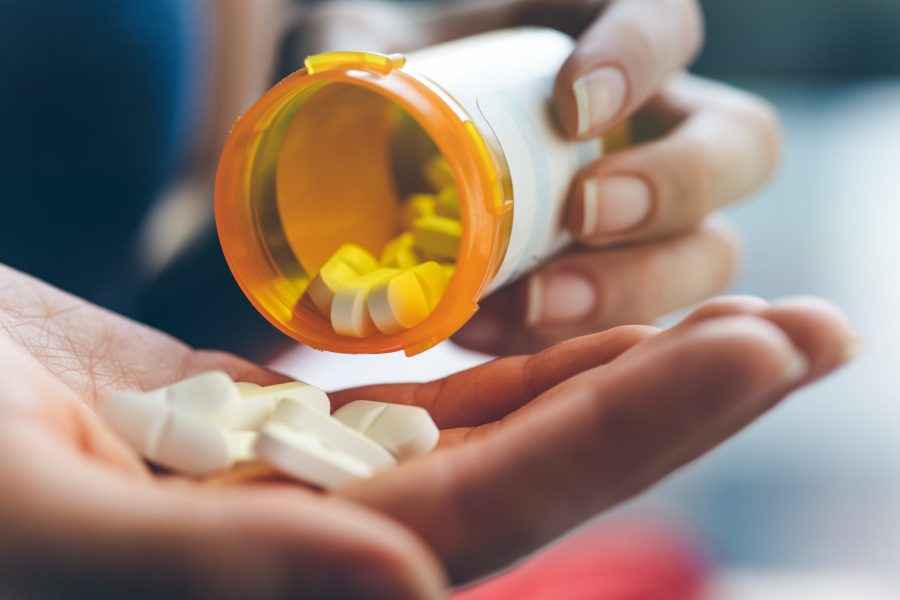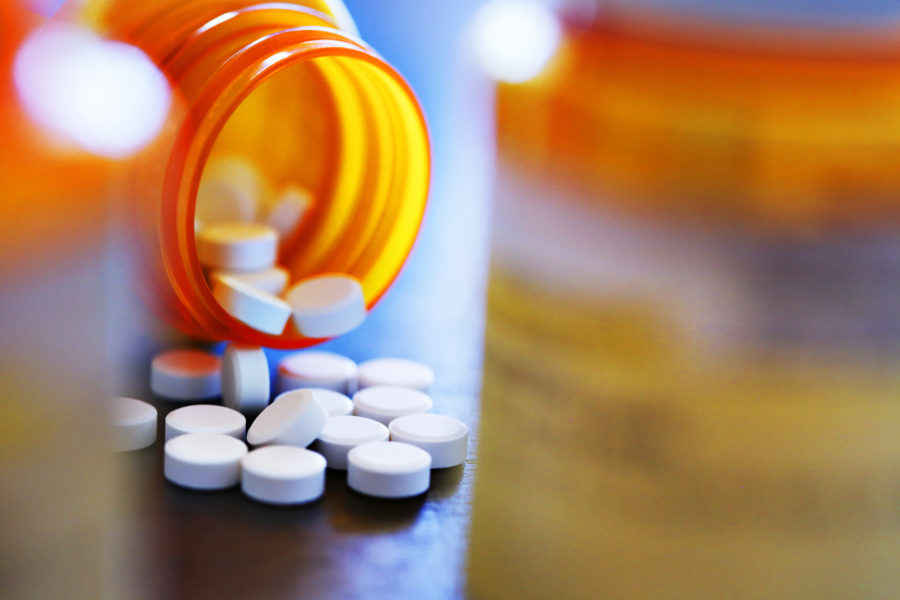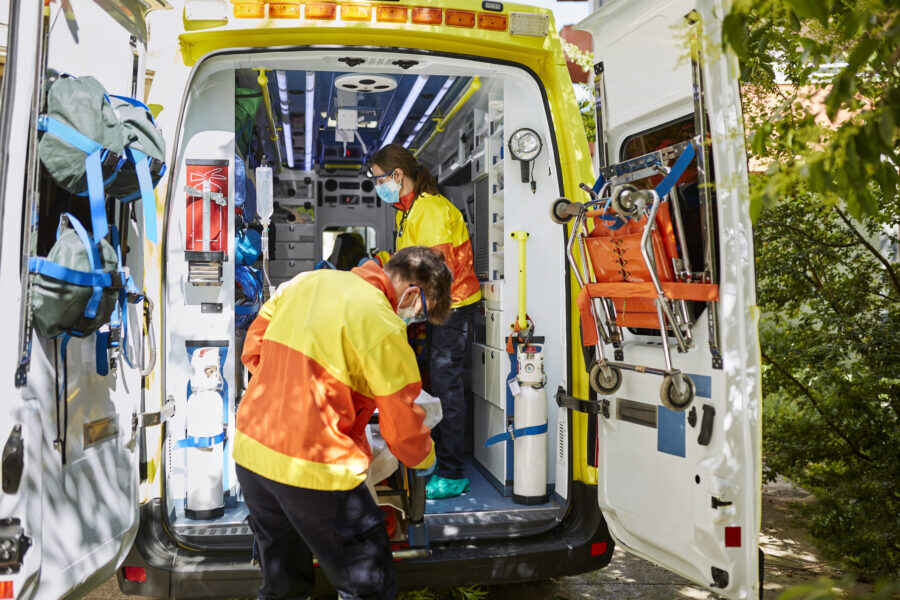
Preventing Medical Debt: State Laws Requiring a Uniform Application for Hospital Financial Assistance Programs
50-state surveyMechanisms for Advancing Public HealthMechanisms for Advancing Health EquityDespite the Affordable Care Act mandate that all hospitals and entities that participate in federal healthcare programs develop financial assistance policies (FAPs), many patients are either unaware of the existence of financial assistance programs or overlook the forms or information that different healthcare entities provide related to their FAPs. The adoption of a uniform application for hospital-based financial assistance programs has the potential to increase patient awareness, enrollment, and utilization of FAPs. This 50-state survey provides an overview on the adoption of uniform applications for hospital FAPs across the country, and highlights some of the mechanics of these uniform application requirements.











